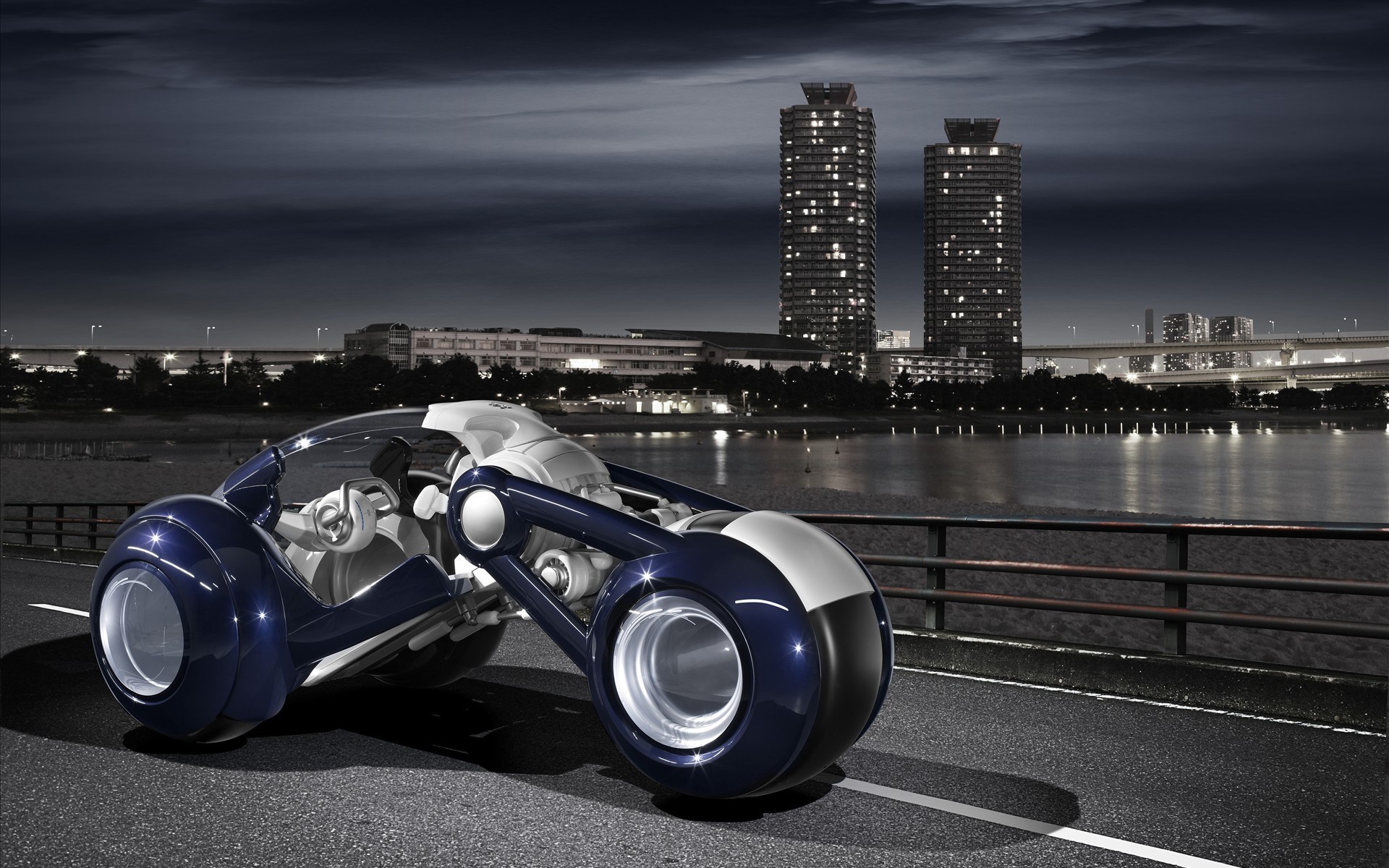
DRIVERLESS cars sweep through the city streets, picking up tired commuters and ferrying them home after a long day in the office.
Powered by electricity, the high-tech vehicles “communicate” with the city around them – automatically reporting potholes and freeing up traffic lights.
That’s the future as envisioned by one expert. And last week, it took a step closer to reality.
Plans to completely ban new diesel and petrol vehicles in 2040 might have been met with wails of despair from motorheads, but for others the move is long overdue.
Campaigners argue 40,000 lives are cut short every year in the UK due to air pollution.
Meanwhile, the rise of electric cars has seen the number on our roads shoot up from just 3500 in 2013 to more than 100,000.
The Government’s latest proposals come after High Court judges said the UK was failing to meet EU pollution limits.
But just what does the future hold for drivers across Scotland and beyond?
Prof David Bailey, an expert on the car industry at Aston University, has driven an electric car for the last four years.
He said that while the ban indicated a welcome direction of travel, it was also “irrelevant” – as petrol and diesel cars won’t exist by 2040.
“It’s a bit like saying we will ban new steam engines by 2040,” he told The Sunday Post. “There’s a big game-changer coming. There’s going to be a transformation of the car industry.”
David believes a mass switchover to electric vehicles will take place in the next decade. But his hi-tech vision doesn’t stop there. He foresees cars “connected” to the city through the internet – with the ability to automatically report maintenance issues.
Car ownership could become a thing of the past for millions of Brits as driverless vehicles pick up and drop off passengers like sci-fi taxis.
“Driverless cars are coming,” he said. “We will see them on our roads in the 2020s. In terms of them becoming much more widely adopted, we are talking a few decades.”
For now, while electric cars might be more expensive than petrol or diesel vehicles on the face of it, enthusiasts insist they are cheaper to run.
Chris Lilly, of Next Green Car, an online guide to low emission vehicles, said current buyers could make back the extra they paid in four to seven years. Vehicles can be charged overnight at home using a standard wall socket for around £3, with rapid charging at petrol stations coming in at roughly double that for 30 minutes.
Chris said a VW e-Golf electric car boasts the equivalent of 199 miles per gallon, compared to 72 miles per gallon for its diesel equivalent. A VW Golf petrol hybrid comes in at 166 miles per gallon.
Chris also reckoned the public will start to switch to electric cars long before the Government ban comes into force.
Earlier this month, Volvo announced all its new cars from 2019 onwards would be partially or completely battery-powered.
And last week BMW unveiled plans for an electric version of the Mini, set to go into production in the same year.
But some – including the AA – have raised fears over the lack of charging points on the UK’s roads, and the impact on the National Grid of “a mass switch-on after the evening rush hour” if commuters rush to plug in their cars at the same time.
As well as the 2040 deadline, ministers will hand councils £255 million to help combat emissions. But the move could also lead to some councils introducing charging zones as soon as 2020 if other measures don’t work.
Glasgow is already expected to be the first Scottish city to introduce a “Low Emission Zone” by 2018, forcing owners of vehicles which don’t meet strict standards to pay tolls or fines.
Facts and Figures
More than 100,000 electric cars are currently on Britain’s roads, out of a total of 36.7 million registered vehicles.
Road transport accounts for 22% of the UK’s toxic carbon dioxide emissions.
There are more than 4500 charging locations for electric cars in the UK.
If the vehicles become mainstream, the energy needed at peak times could be 10 times the output of the new Hinkley Point C nuclear power station – equivalent to 10,000 wind turbines.
National Grid bosses claim peak demand for electricity could increase by 50%.
The UK Government raked in around £27.9bn in fuel duty in 2016-17 –4% of the total amount raised in tax.

Enjoy the convenience of having The Sunday Post delivered as a digital ePaper straight to your smartphone, tablet or computer.
Subscribe for only £5.49 a month and enjoy all the benefits of the printed paper as a digital replica.
Subscribe